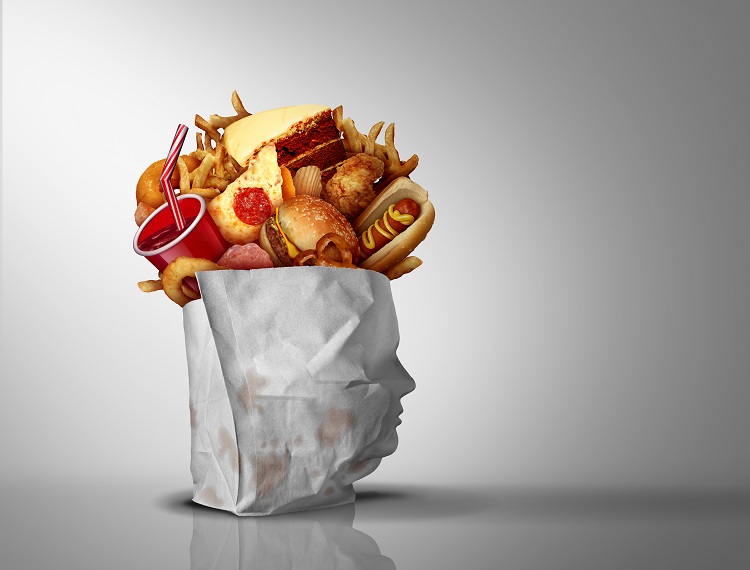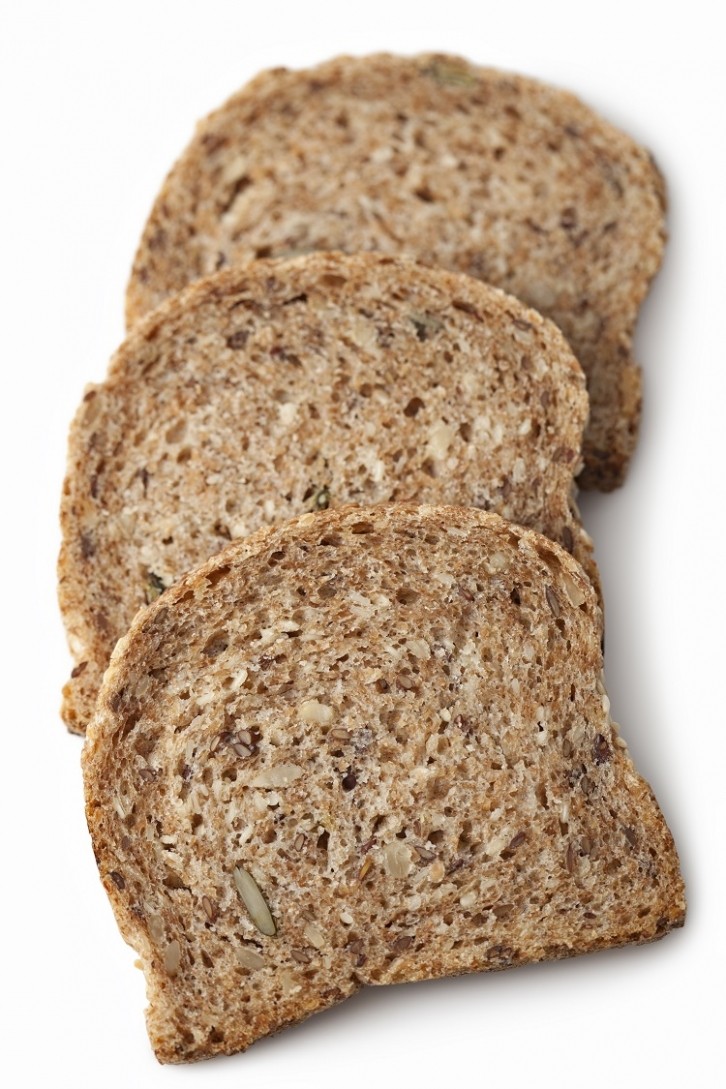The category of ultra-processed food, most prominently defined by the Nova classification, has come under increasing scrutiny in recent months, with many critics suggesting that ‘ultra-processed’ does not necessarily lead to poor health outcomes, at least definitionally.
However, previous research studies have suggested many poor health outcomes are linked to food, such as high type-2 diabetes rates, high rates of hypertension and muscular skeletal problems, and an increasing number of people living with obesity (in 2019, 53% of the EU was obese).
The link between diet and poor health outcomes, believe medical doctor and author Chris van Tulleken and Henry Dimbleby, former non-executive board member of the Department for Environment, Food and Rural Affairs (Defra) in the UK Government and the author of its National Food Strategy (which it ignored), is a food industry driven by the commercial incentive to produce ultra-processed foods, which they say are designed to drive excess food consumption and lead to poor health outcomes.
“We have evidence that there is a single category of diet that drives harm, and that is American industrialised diet produced by transnational food corporations,” suggested van Tulleken at The House of Lords Committee on Food, Diet and Obesity in London yesterday.
What is ultra-processed food?
“If a food is wrapped in plastic and has at least one ingredient that you don’t find in a domestic kitchen, then it’s probably an ultra-processed food,” said van Tulleken. “If you’re reading an ingredients list, you’re probably looking at an ultra-processed food.
Consumer misunderstanding of ‘ultra-processed foods’
‘Ultra-processed’ is not a nutritional category, she argued, as it was never intended to be. Carlos Monteiro, designer of the Nova classification, the most widespread framework for identifying levels of food processing, was worried about changing social structures in his native Brazil, with people not spending enough time in the kitchen, and blamed ‘factory food’ for this. Ultra-processed is, insisted Chapman, a ‘sociopolitical category’ rather than a nutritional one.
Previous studies have shown that what is classified as ‘ultra-processed’ by the Nova classification often matches consumer instincts of what is ‘ultra-processed’
It is, he stressed, not necessarily about individual foodstuffs, but “a way of describing a dietary pattern. And the evidence applies to the category, to the dietary pattern, not to the individual product”.
This dietary pattern, both speakers stressed, is not definitionally high in sugar, salt, fat and calories. Yet ultra-processed foods usually are high in at least one of these things, they say, because of the commercial incentive of food produced at an industrial scale to ensure that people are compelled to keep eating them.
You can also, van Tulleken suggested, create ultra-processed food without many of these less healthy ingredients, for example replacing sugar with non-nutritive sweeteners, or replacing fats with starches. However, this would not fit the ‘profit motive’ of food companies, he suggested.
But studies have suggested that even discounting fat, salt and sugar, the difference in terms of health outcomes between ultra-processed and non-ultra-processed is still ‘statistically significant’.
While van Tulleken can’t prove that emulsifiers cause cancer or cardiovascular disease, for example, he suggested the evidence is strong enough that it would not reach the level of phase three human trials if it was a drug. Around 33% of drugs make it to phase three.
A key characteristic of ultra-processed food, and underlying the problem they cause, is the commercial incentive to make food that is difficult to stop eating, he stressed. This food is, according to Dimbleby and van Tulleken, engineered to make consumers want as much as possible, to increase the consumption and therefore companies’ profit. It is, in short, driven by the profit motive.
Manufacturers are on the record, according to van Tulleken, saying they deliberately engineer this food to make people eat more of it. “This is not a secret, and that is because the purpose of the food is to make money for the food companies.”
Misapplying the term ‘ultra-processed foods’
According to a recent whitepaper by the Institute of Food Technologists (IFT), many of the definitions of ultra-processed foods presented, such as that by the Nova classification, are a category error.
According to the whitepaper, ‘processed food’ refers to how the food is made rather than its formulation. Namely, just because a food is produced on an industrial scale, doesn’t mean that it’s nutritionally subpar.
According to the whitepaper, the Nova classification even gives a higher score to some foods produced industrially than those produced in a home kitchen, despite the fact that the processes are similar and only the scale is different.
The term ‘ultra-processed’, Dimbleby argued, is more effective than ‘junk food’ because it emphasises the commercial interest inherent in the category.
“This isn’t a bit of pleasure, this is a huge industry messing with you. I think the reason it has cut through is . . . because fundamentally, all the money, or a huge amount of the money being made, is being made by things that are doing you harm, and I think that’s why it’s been such a useful definition ” he said.
However, according to Dimbleby, individual members of the food industry, even those at the top such as CEOs, cannot make changes to the nutritional makeup of their food on their own if these changes affect profits. “Unilateral action is almost impossible, you’d get fired as a CEO if you did that.”
“The companies are not in control of their business model, they are obliged to institutional investors,” added van Tulleken. This, they suggested, is why government regulation is important.
Health content is not definitional but correlative
During the session, both van Tulleken and Dimbleby stressed that while ‘ultra-processed food’ often provided a useful indicator of poor health; to claim that the category didn’t have value because this correlation didn’t always occur was taking it too literally.
For example, the British Nutrition Foundation last year criticised studies linking ultra-processed foods to poor health, saying that the link was not causal. “They do not provide clear evidence of a causal association between processing per se and health,” the organisation said.
Dimbleby criticised this assessment as ‘hyper-literal,’ saying “they made the point that, if you look at, most of that food is bad for you, but you could be hyper-literal and ‘say well some of it might not be.’”
He gave the example of brown bread. Sliced brown bread is categorised as ultra-processed, but is high in fibre, which Dimbleby described as one of the most important nutrients that we don’t consume enough of. While someone deficient in fibre deciding to give up the consumption of brown bread might not be good ‘for them,’ this was, for Dimbleby, not a sufficient argument against having a critical attitude towards ultra-processed foods. He predicted that sliced brown bread makes up roughly 3% of foods categorised as ultra-processed.
Conversely, many foods that are not officially ‘ultra-processed’ are very unhealthy, despite containing only domestic ingredients. “Do I think that the soft, salty, sugary, calorie dense (supermarket) lasagne is completely harmless because it doesn’t fall into the technical ultra-processed category? Absolutely not,” stressed van Tulleken.
Sausages, he said, which contain trace amounts of one ultra-processed ingredient, do not ‘magically become healthy’ if you take that ingredient out.
The reason for the ‘loopholes’ in the ultra-processed definition, he suggested, is because since the category was conceived, manufacturers have managed to create ‘clean label products that were still cleverly designed to drive excess consumption.’
Solutions proposed
Dimbleby, who has experience working with government policy, suggested several solutions to combatting ultra-processed foods.
Firstly, he gave three broad aims:
- Restrict the commercial incentives of food companies.
- Focus on helping those in poverty eat well.
- Create structural mechanisms to ensure progress continues between governments.
He also suggested some individual policies for the UK government:
- A complete advertising ban on ultra-processed foods to break commercial incentives.
- Black octagons on products that are UPF. These black octagons would work as warning labels and restrict what products could make health claims. These products, van Tulleken added, would not be allowed to be sold in schools, hospitals or prisons.
- A potential salt and sugar reformulation tax (although during the cost of living crisis, he admitted this would be politically difficult).
- Universal free school meals, or at least to everyone on universal credit (the UK’s welfare payments).
- Giving those who are living in poverty vouchers for fruit and veg.
- Introduce a statutory target on health outcomes, which the government would have to report against.

Rohit Malhotra is a medical expert and health journalist who offers evidence-based advice on fitness, nutrition, and mental well-being. His articles aim to help readers lead healthier lives.



